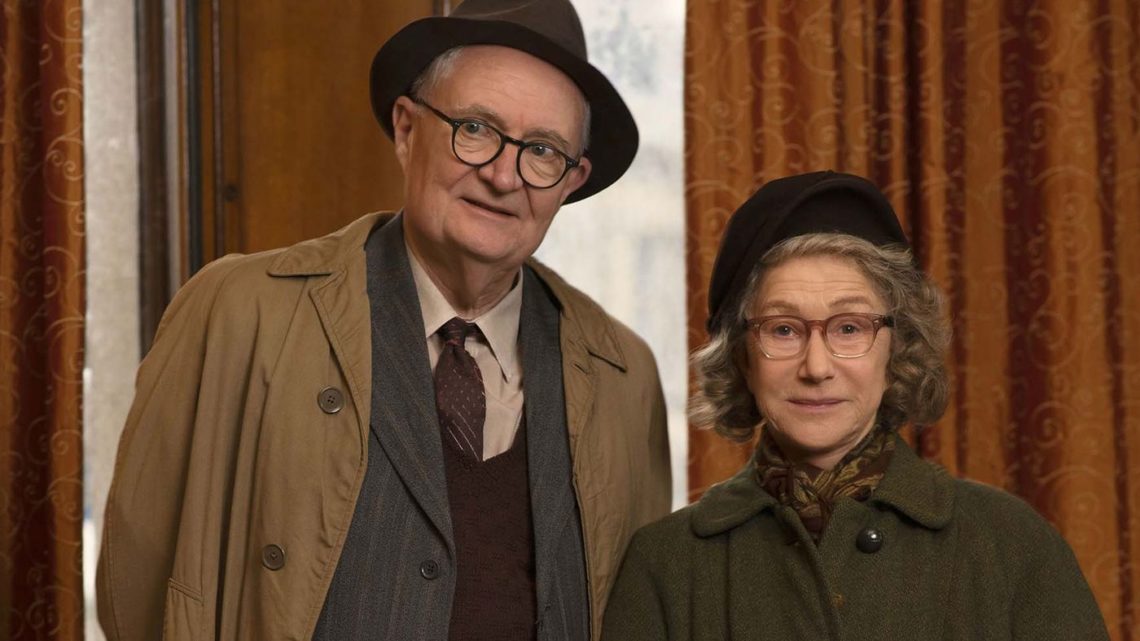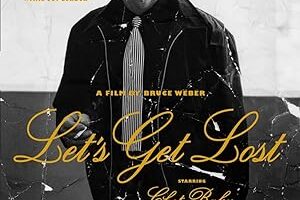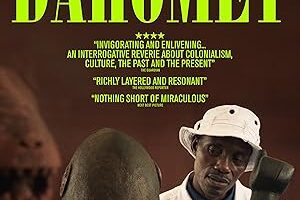Tropic Sprockets / The Duke
By Ian Brockway
From the iconic filmmaker Roger Michell (Venus, Notting Hill) who sadly passed away last year, “The Duke” makes a fine piece de resistance to his canon of work. The film, affectionate and quirky, a celebration of the marvelous that exists in the ordinary, is truly one of his best.
Michell, the British king of comic drama, turns his eye to the true story of Kempton Bunton (1904 – 1976) who gained popular notoriety by allegedly stealing a minor portrait by Francisco Goya in August of 1961.
Bunton was a stubborn cab driver and bakery employee who rebelled against British television licenses at the time and battled tirelessly for the common man’s struggle against bureaucracy. Through Bunton’s efforts, the television tax for the aged was largely abolished.
Jim Broadbent is terrific in the starring role. He rails against the status quo and the powers that be, refusing the tax, while being the loving husband to Mrs. Bunton (Helen Mirren) in between pursuing his cause. Bunton also covertly writes plays, one in particular features Jesus Christ as a woman. In this way, he emerges as a soft spoken subversive, a surrealist.
He charms his wife while humoring his son (Fionn Whitehead) and his anti-establishment concerns. Bunton is more a gentle agitator than an anarchist. He never loses his verve or his irrepressible likability. The everyday person who labors without reward is his primary concern. Further Bunton upholds inclusivity, regardless of race or ethnicity and he embraces a non-dualistic way of thinking without labels.
There are shades of the sinister in son Jackie’s brother Kenny (Jack Bandeira) and Kenny’s girlfriend Pammy (Charlotte Spencer) who wants a cut of the painting’s ransom.
Bunton’s optimism, however is enough to dispel any darkness.
There is nuanced sensitivity in Broadbent. He is driven to create in order to cope with the death of his daughter who died in an accident on a bicycle.
Mirren does well here too as Bunton’s wife who keeps her husband’s idealism well in balance but loses patience with his local revolutionary aims, which may or may not have drifted into the criminal realm.
The wondrous thing about “The Duke” aside from its infectiously engaging story is that it exposes the gentle magic of the real man named Kempton Bunton, a man who clearly did not see the foreign qualities in others and believed in the secret possibilities of ordinary existence, through writing and literature.
The mainstream may have forgotten Bunton and his Goya affair of a stolen painting only to be returned by himself in person, but through this smoothly entertaining film what emerges is a man who is by no means a criminal. Bunton is an angelic agitator, a rumpled revolutionary who cared about quips and amusing phrases. Above all, Bunton was an empathetic man who fought for a television device free of expenses. Bunton glimpsed the beauty of everyday life, (beyond ubiquitous garbage and smoke-filled factories) and he ultimately witnessed and championed the individual working class person who exists within.
Write Ian at [email protected]
[livemarket market_name="KONK Life LiveMarket" limit=3 category=“” show_signup=0 show_more=0]





No Comment